
What are the UN Sustainability Goals?
In 2015 the United Nations agreed a set of ‘sustainable development’ goals that are focused on ending poverty around the world, protecting the planet and ensuring a new prosperity for everyone.
The or the ‘Global Goals’ include over 169 targets that ensure that all of the countries of the world work to protect the planet.

The range of the goals show that world leaders are agreed on the importance of making big changes to the world, as each of these goals are to be applied universally to all countries.
The goals are aimed at stimulating action across the world by 2030 to address the following areas:
- People - to end poverty and hunger in all of its forms so that people are able to fulfil their true potential in dignity and equality.
- Planet - to protect the planet from degradation and to make sure that the world becomes increasingly sustainable by managing its natural resources carefully.
- Prosperity - to ensure that all people are able to lead prosperous lives in harmony with nature.
- Peace - to ensure that peaceful societies are free from fear and violence.
- Partnership - to mobilise the means and money to support this agenda.
What are the 17 UN Sustainable Development Goals?
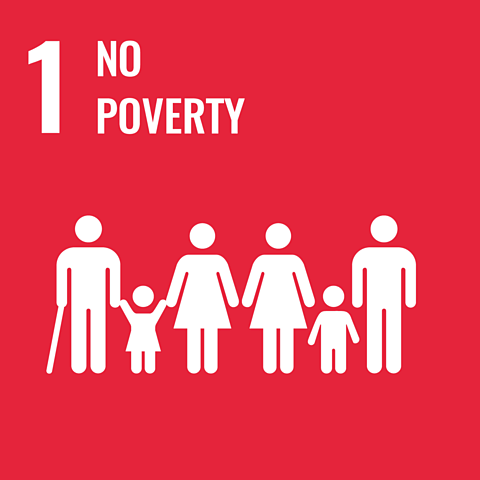
Goal 1 - No poverty
According to the UN, more than 700 million people, or 10 per cent of the world population, live in extreme poverty. This means that these people struggle to meet basic needs such as health, education, and access to clean water and sanitation.
Find out more about UN Goal 1

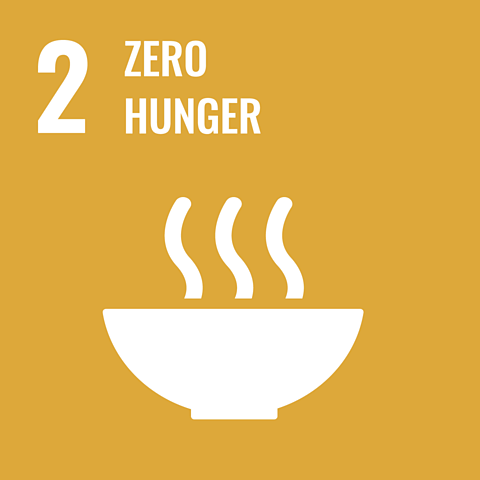
Goal 2 - Zero hunger
The UN estimates that almost 690 million people, or 8.9 percent of the world population, are regularly going hungry. Sadly, this number is growing at an alarming rate. If the trend continues, the number of people affected by hunger could rise to 840 million people by 2030.
Find out more about UN Goal 2

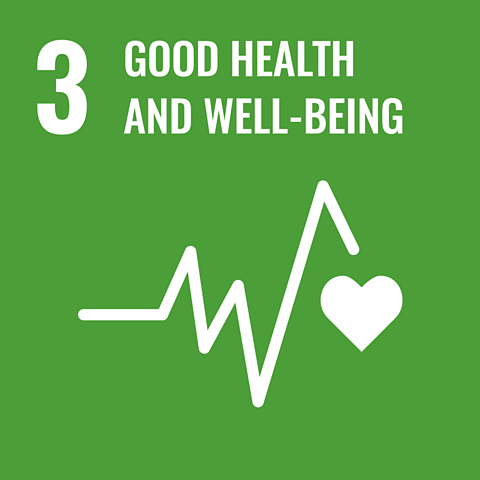
Goal 3 - Good health and well-being
While life expectancy is generally increasing across the globe, there is much more that can be done to eliminate disease and provide access to effective health care.
Find out more about UN Goal 3

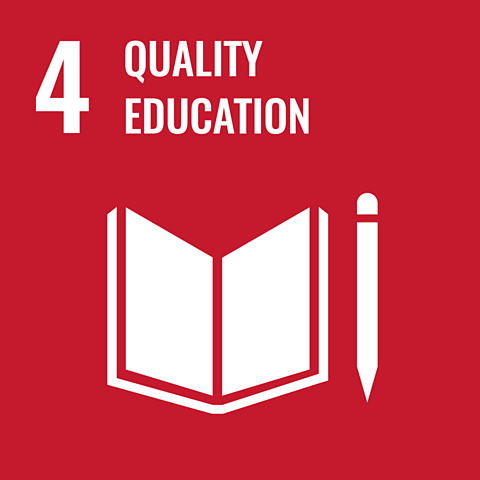
Goal 4 - Quality education
Education is extremely important as it can help people escape poverty and build a better life for themselves. While progress is being made with providing access to education, in 2028 there were still an estimated 260 million children who had no access to school education.
Find out more about UN Goal 4


Goal 5 - Gender equality
While in many countries things are getting better for girls, there is still a very long way to go. Globally, there has been progress - more girls have access to education, fewer girls are forced into early marriage, and women are better represented in government and business.
Find out more about UN Goal 5

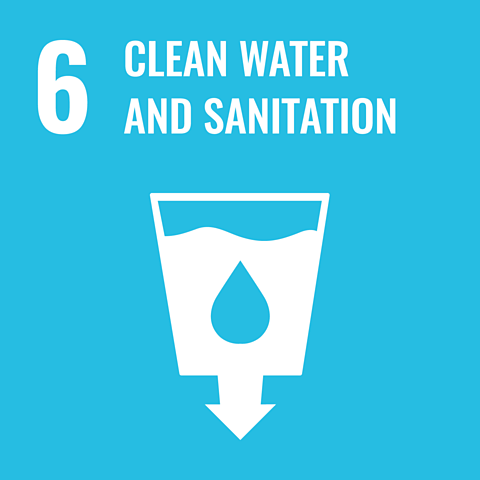
Goal 6 - Clean water and sanitation
According to the UN, worldwide, one in three people do not have access to safe drinking water putting them at risk of illness from water-borne diseases. Access to effective sanitation is important as sewerage can contaminate sources of water and cause sickness.
Find out more about UN Goal 6


Goal 7 - Affordable and clean energy
There is a pressing need to make our energy provision as renewable as possible to help address climate change. There are also many people, especially in sub-Saharan Africa, who have no access to electricity at all.
Find out more about UN Goal 7

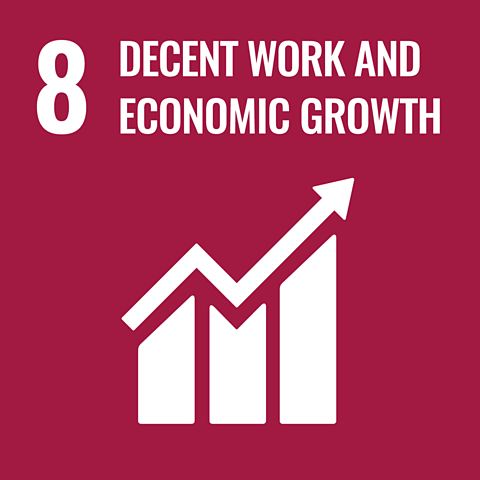
Goal 8 - Decent work and economic growth
Across the world there is a pressing need for the creation of safe, sustainable, and rewarding employment. These jobs are essential for helping communities build effective economies.
Find out more about UN Goal 8


Goal 9 - Industry, innovation and infrastructure
Making our industries sustainable is a major goal for the UN. This can range from utilising renewable energy sources to power factories, to providing modern, reliable access to the internet.
Find out more about UN Goal 9

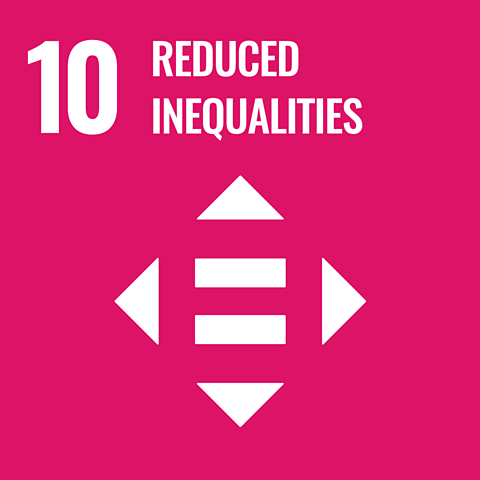
Goal 10 - Reduced inequalities
Inequality is found in many areas of life. It can be wealth inequalities where a small percentage of a society own a very large share of money and assets compared to the majority, or inequalities such as some nations finding themselves excluded from fair trade.
Find out more about UN Goal 10

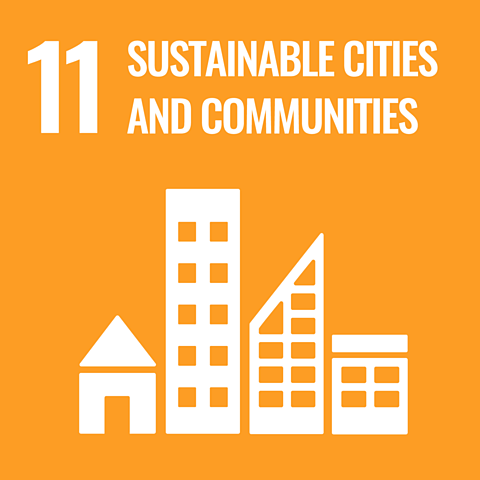
Goal 11 - Sustainable cities and communities
By the year 2030, it is estimated that 60 per cent of the world's population will live in cities. It is important that our cities are as sustainable as possible they currently account for about 70 per cent of global carbon emissions.
Find out more about UN Goal 11

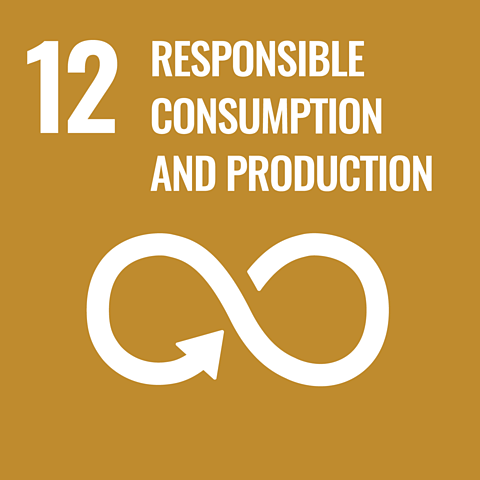
Goal 12 - Responsible consumption and production
The things we make and the things we buy all come at some cost to the environment. This means that is very important that we aim to live as sustainably as possible and minimise the waste we create. The UN estimates that globally up to a third of the food produced is wasted and ends up in a bin or is left to rot due to poor harvesting, transportation, or storage.
Find out more about UN Goal 12


Goal 13 - Climate action
According to UN studies, 2019 was the second warmest year on record. The realities of climate change mean that we will all have a role to play in changing the way we live to help address the serious problems our planet faces.
Find out more about UN Goal 13

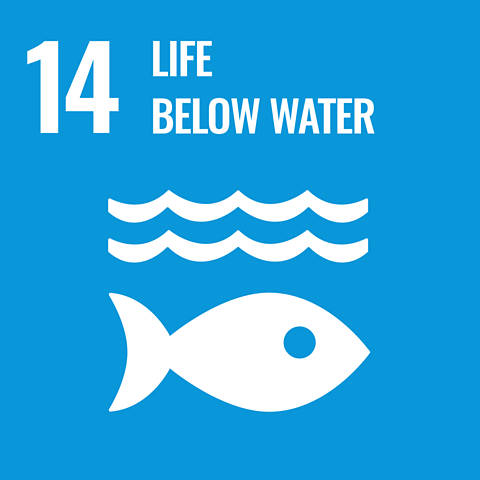
Goal 14 - Life below water
Across the world, millions of people depend on our oceans for a living and many more depend on them as a source of food. As such, protecting our oceans and the marine life that lives in them is extremely important.
Find out more about UN Goal 14

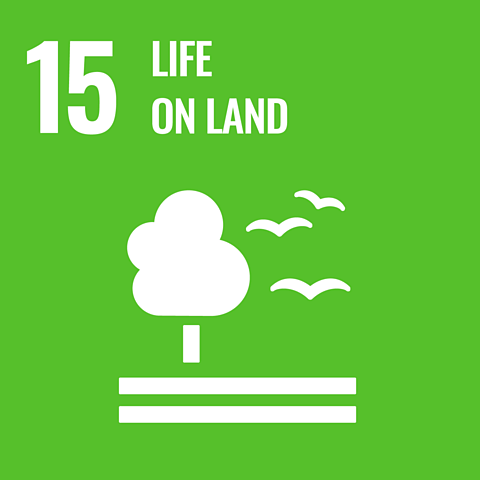
Goal 15 - Life on land
From crops and forests to insects and wildlife, the health of our planet is tied directly to the heath and biodiversity of life on land.
Find out more about UN Goal 15


Goal 16 - Peace, justice and strong institutions
In 2018, over 70 million people were forced to flee from war, conflict or persecution. To address this, the UN recognises the important role of strong, independent institutions that can help guarantee access to justice and to promote peace and well being for all.
Find out more about UN Goal 16

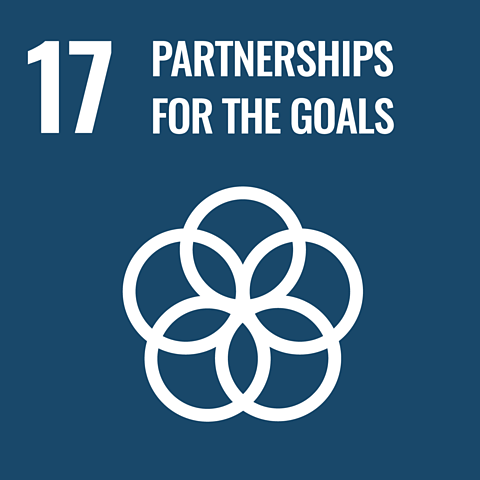
Goal 17 - Partnerships for the goals
The global nature of the problems we all face means that no one person or individual nation can hope to tackle them alone. What is needed is strong partnerships with people, institutions, and governments from all over the world working together.
Find out more about Goal 17
